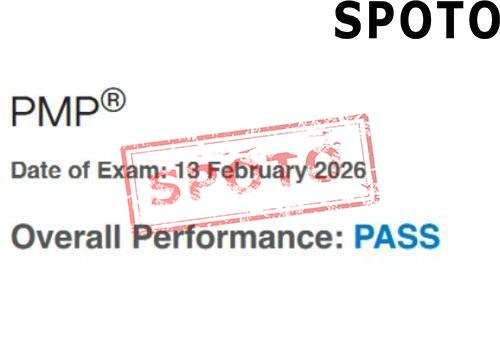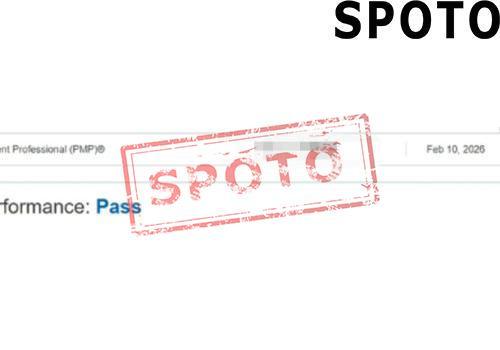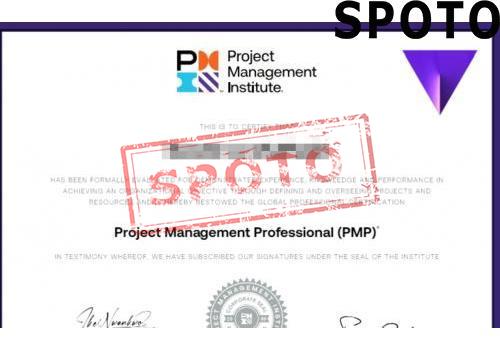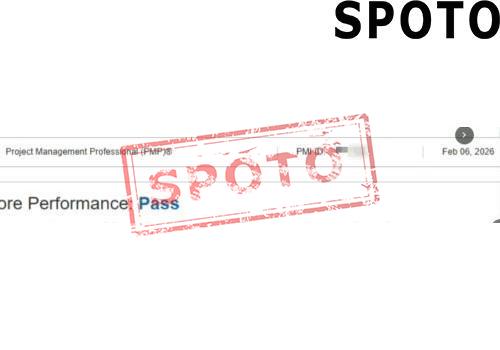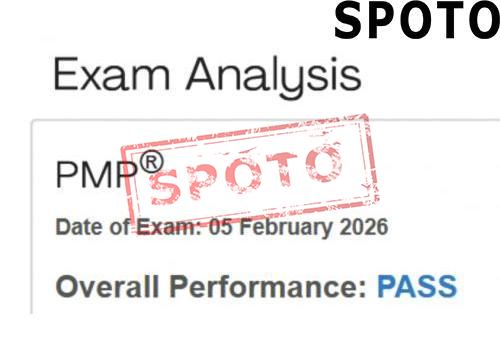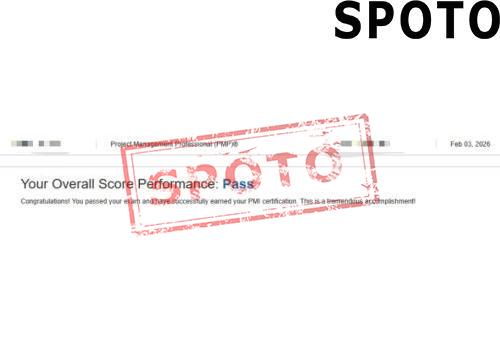
Table of Contents
Considering a job change? This blog post will recommend a career opportunity to you: Change Management Specialist. In this blog, we'll explore the core questions surrounding this promising career. We'll cover what a Change Management Specialist does, their responsibilities, key skills required, potential job opportunities, salary expectations, how to enter this field, and why it might be the right path for you.
1. What is a Change Management Specialist
A Change Management Specialist is a professional who helps organizations implement major changes smoothly and effectively. Whether it's a new technology system, a restructuring, or a cultural transformation, this individual ensures that the human side of change is managed thoughtfully. Their main goal? Minimize resistance, foster engagement, and ensure that the change delivers its intended benefits.
Think of a Change Management Specialist as the bridge between strategy and people—translating organizational visions into practical, manageable steps that employees and stakeholders can embrace.
2. What does a Change Management Specialist do?
Responsibilities of a Change Management Specialist
The responsibilities of a Change Management Specialist stretch across several domains:
- Assessing Change Impact: Analyzing how proposed changes will affect various parts of the organization.
- Developing Change Strategies: Creating comprehensive plans to help employees adopt new systems, processes, or behaviors.
- Communication Planning: Designing and executing communication initiatives that keep all stakeholders informed and engaged.
- Training and Support: Facilitating training sessions, workshops, and coaching to empower staff.
- Overcoming Resistance: Addressing concerns, managing conflicts, and fostering a positive attitude toward change.
- Monitoring and Reporting: Tracking progress and making adjustments based on feedback and data.
It's a role that combines strategic thinking with interpersonal skills, requiring a nuanced understanding of organizational dynamics.
Skills of a Change Management Specialist
Becoming effective in this role demands a mix of technical and soft skills:
- Strong Communication Skills: To relay complex ideas clearly and motivate teams.
- Empathy and Emotional Intelligence: Understanding and addressing stakeholders' concerns.
- Project Management Abilities: Coordinating various activities and deadlines.
- Analytical Skills: Assessing impact and measuring success.
- Leadership and Influence: Persuading and guiding others through change.
Related Job Opportunities
- Change Manager
- Organizational Development Consultant
- Business Transformation Lead
- HR Change Agent
- Project Manager with change responsibilities
3. Why become a Change Management Specialist?
Salary Level
The demand for skilled change agents is rising, and so are the rewards. Entry-level Change Management Specialists typically earn around $70,000–$90,000 annually, with experienced professionals earning well over $120,000 depending on industry and location. The combination of technical skills and soft skills makes this role highly valued.
Career Opportunities
Organizations of all sizes and sectors need change management expertise. Some common career trajectories include advancing to senior change management roles, project leadership positions, or even executive roles like Director of Transformation. The ability to drive change is often an asset that sets candidates apart in competitive job markets.
Diverse Challenges and Opportunities for Growth
The dynamic nature of change initiatives means no two projects are alike. Specialists may work on digital transformations, cultural shifts, mergers, or process improvements. Each challenge offers a chance to learn new skills, develop leadership abilities, and make a tangible impact on organizational success.
4. How do I become a Change Management Specialist?
Gain Relevant Education
To start your journey, it's essential to build a solid foundation in organizational change principles. Many professionals pursue degrees or courses in business administration, organizational development, or HR management.
Get Certified
Certification can significantly accelerate your career. While you might consider obtaining the PMP (Project Management Professional) first—since it provides a strong project management foundation—note that PMP does not focus exclusively on change management. It is valuable for understanding project scope, schedule, and resource management, which are crucial for change initiatives. After earning your PMP, the logical next step is to pursue the ACMP Certified Change Management Professional (CCMP).
Build Hands-On Experience
Theory and certification alone aren't enough—real-world experience is vital. Start by volunteering for change projects within your organization or seeking roles in HR, project management, or business improvement where change initiatives are employed. Working directly on projects helps you understand the challenges involved and develop practical skills like stakeholder communication, training, and resistance management.
5. Conclusion
The role of a Change Management Specialist is increasingly vital in our unpredictable and fast-paced world. Organizations need experts who can facilitate smooth transitions, foster stakeholder engagement, and ensure that change initiatives succeed. If you're someone who enjoys strategic thinking, working with people, and solving complex challenges, this could be the perfect career path.
Getting trained with industry-leading courses—such as those provided by SPOTO—can give you the edge you need to stand out. Whether you're embarking on your career or looking to deepen your expertise, becoming a Change Management Specialist offers both rewarding challenges and significant growth opportunities.
Are you ready to take the next step toward leading successful organizational change? Explore SPOTO's comprehensive courses today and start transforming your career!

